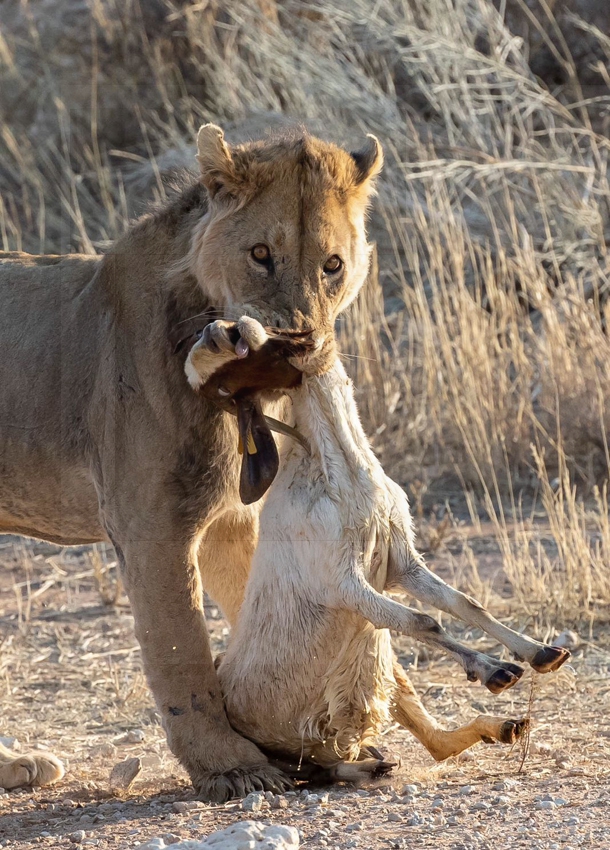Ministry mitigate human-wildlife conflict
26 Nov 2024
The Ministry of Environment and Tourism has put in place strategies to assist communities in human-wildlife hotspot areas across the country.
Minister of Environment and Tourism, Mr Wynter Mmolotsi told Parliament on Monday that the strategies, which have been put in place through the Department of Wildlife and National Parks, include community outreach programmes, regular patrols, establishment of Forward Operating Bases (FOB) in strategic areas to promptly attend to problem animals, driving the animals out from ploughing fields and elimination as a last resort.
Mr Mmolotsi said the department has standby teams to respond quickly to calls for controlling problem animals.
He said the ministry employed a number of strategies to reduce movement of wildlife in human settlements, explaining that the strategies includes the construction of fences and provision of water in strategic areas to prevent wildlife from going to human settlements in search of water.
Further, he said regular patrols and surveys were conducted to monitor presence of wildlife within human settlements for the purpose of driving them out.
“Other strategies adopted by my ministry for habitual problem animals is the capturing and translocation of these to protected areas or elimination as a last resort so as to ensure peace and safeguarding the livelihoods of the local communities,” he said.
Mr Mmolotsi said the ministry through the Department of Wildlife and National Parks was currently reviewing compensation rates and guidelines, noting that it should be borne in mind that the efforts were running parallel to the development of the National Human-Wildlife Conflict Strategy and Action Plan.
He said the strategy and action plan were at an advanced stage for completion, with the first draft having been presented to stakeholders on October 15 and incorporation of comments ongoing. The minister said with the strategy being strong on compensation options, it was prudent to allow the process to conclude before reviewing the rates.
“In bringing this to finality, my ministry is committed to engage with Batswana as ‘therisano’ is a cornerstone of our nation,” he stated.
Mr Mmolotsi further said the Department of Wildlife and National Parks was currently compensating farmers guided by Government Gazettes dated March 27 2009 and November 1 2013 respectively, which directed that compensation be paid in monetary form.
The minister said hyena and other species had been included for consideration in the ongoing review of compensation rates and guidelines.
He said once the approval process for the strategy as well as the guidelines had been completed, he would brief Parliament accordingly as government was committed to ensuring peaceful human and wildlife co-existence and that the Human Wildlife Conflict Strategy and Action Plan was a vehicle to the realisation of those aspirations.
Chobe Member of Parliament, Mr Oscar Mapulanga had asked the minister to update Parliament on the ministry’s readiness to drive out wild animals from ploughing fields and to state the strategies in place to reduce wildlife movement in areas gazetted for human settlements.
Mr Mapulanga had also asked the minister to state when the compensation rates would be revised upwards and whether the ministry would consider adopting total restoration or restocking of domestic animals when destroyed by wild animals.
He had also wanted to know when hyena would be added to the compensation list. ENDS
Source : BOPA
Author : BOPA
Location : GABORONE
Event : PARLIAMENT
Date : 26 Nov 2024





